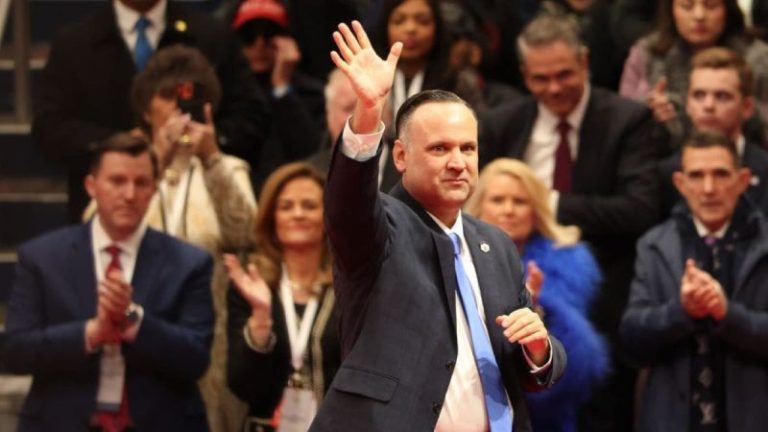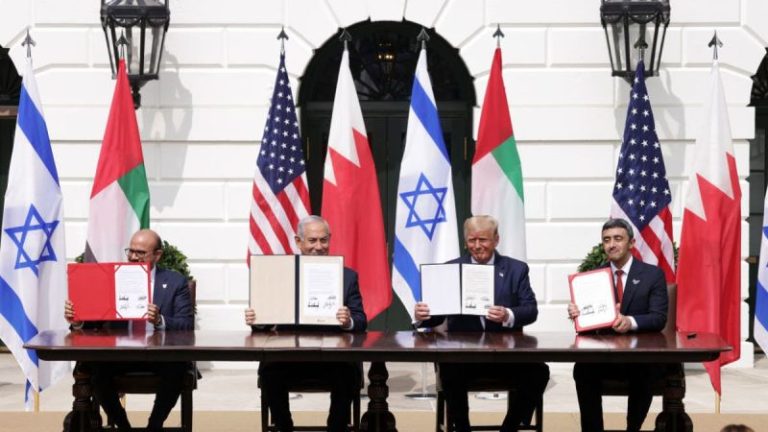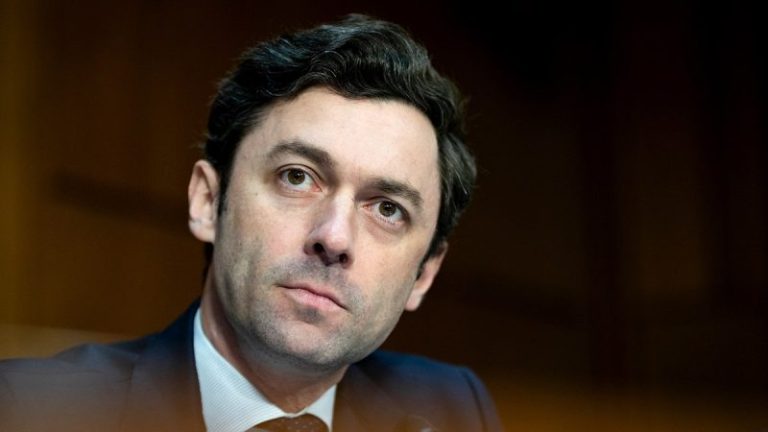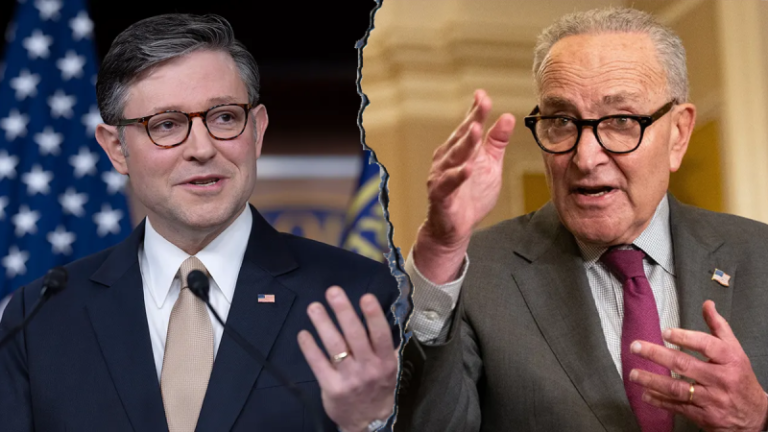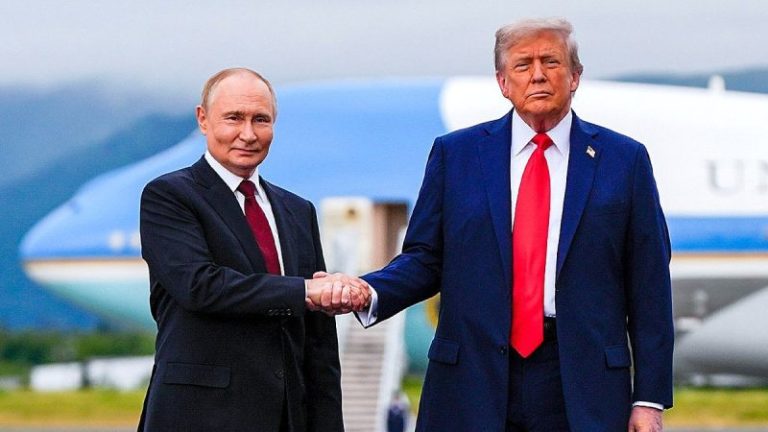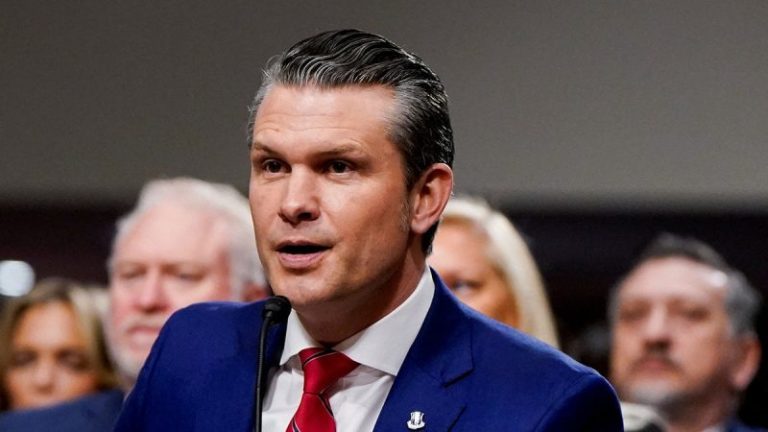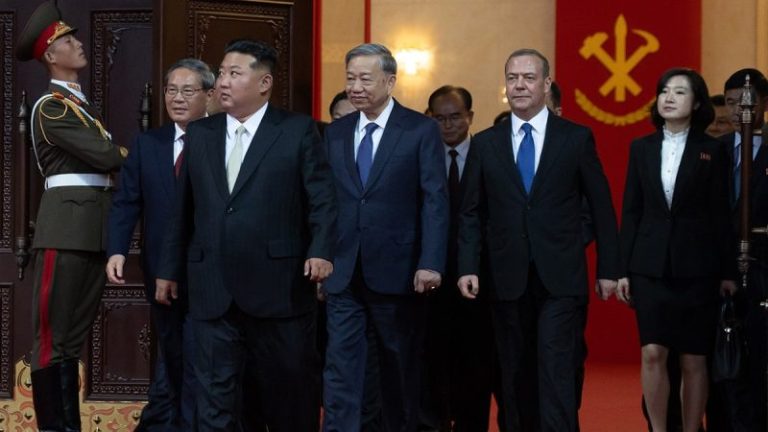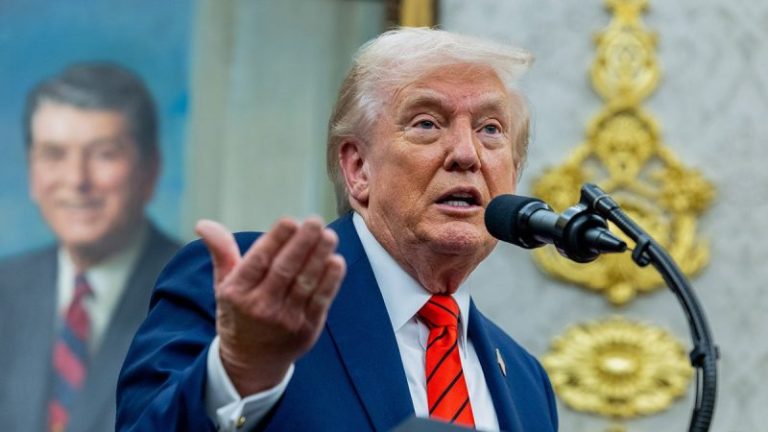White House Deputy Chief of Staff Dan Scavino is poised to play an even larger role in President Donald Trump’s administration, the president announced Sunday.
Trump says Scavino, in addition to his current role, will now lead the White House Presidential Personnel Office. The office was previously held by Sergio Gor, who is now transitioning to become the U.S. Ambassador to India.
‘I am pleased to announce that the great Dan Scavino, in addition to remaining Deputy Chief of Staff of the Trump Administration, will head the White House Presidential Personnel Office, replacing Sergio Gor, who did a wonderful job in that position, and will now become the Ambassador to India,’ Trump wrote on Truth Social.
‘Dan will be responsible for the selection and appointment of almost all positions in government, a very big and important position. Congratulations Dan, you will do a fantastic job!’ he added.
Scavino’s new appointment comes as the Trump administration is in a pitched fight with Democrats to define the cause of the ongoing government shutdown.
Trump allies have pointed to Senate Minority Leader Chuck Schumer’s refusal to work with Republicans.
The president also sought to mitigate damage on Saturday by ordering War Secretary Pete Hegseth to make sure military service members get paid next week, regardless of the shutdown.
‘Chuck Schumer recently said, ‘Every day gets better’ during their Radical Left Shutdown,’ Trump wrote on Truth Social. ‘I DISAGREE! If nothing is done, because of ‘Leader’ Chuck Schumer and the Democrats, our Brave Troops will miss the paychecks they are rightfully due on October 15th.’
He said he directed Hegseth ‘to use all available funds to get our Troops PAID on October 15th. We have identified funds to do this, and Secretary Hegseth will use them to PAY OUR TROOPS.’
The government shut down on Oct. 1, after Democrats and Republicans failed to pass a spending bill to fund the government, with Democrats concerned expiring Affordable Care Act tax cuts could raise premiums and that Medicaid cuts could leave people without coverage.
Fox News’ Brie Stimson contributed to this report

